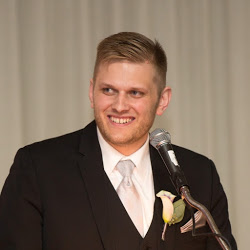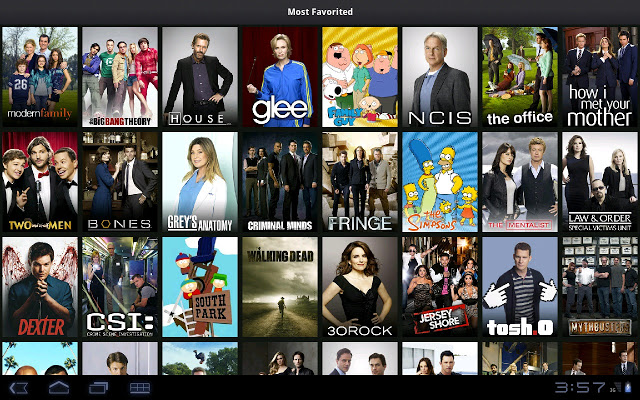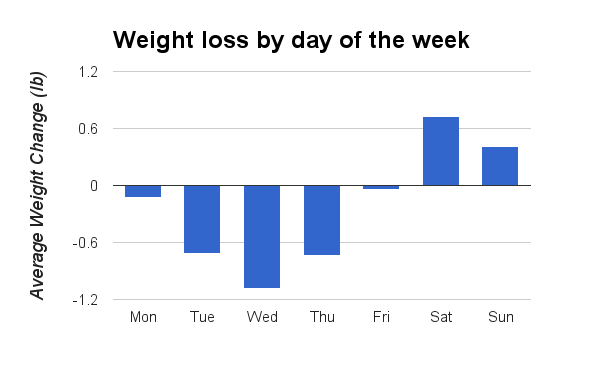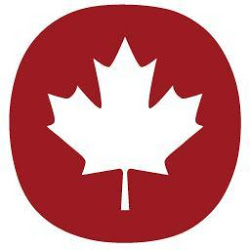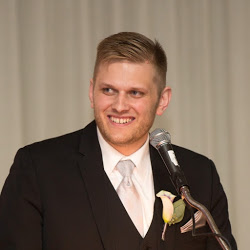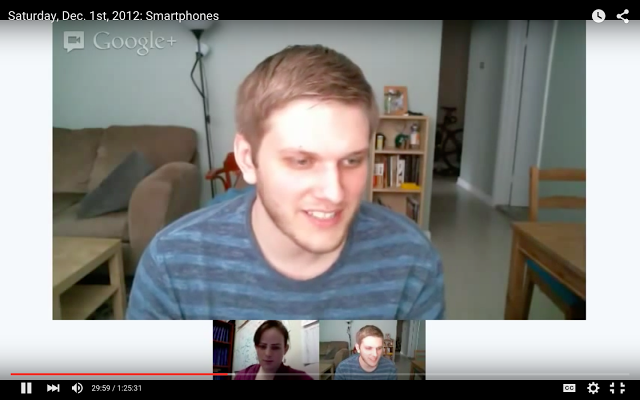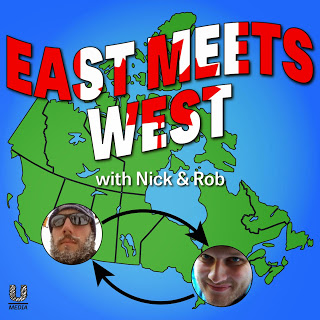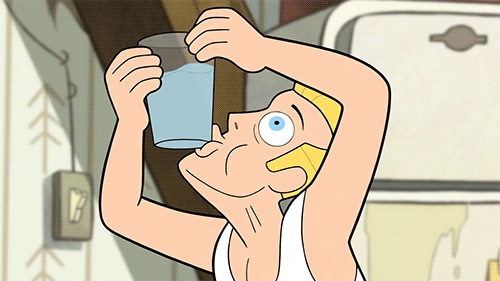“Play to your strengths” is the advice given to Harry Potter during the Triwizard Tournament, and it’s invaluable insight is applicable not just to facing dragons in a magical school.
When I set out to improve my health last summer, I knew it would take more than some kind of amazing burst of willpower. I was going to have to change some of my habits, and try to control my worst impulses, like the one to eat an entire pizza in one sitting. I didn’t buy any expensive supplements or go on a strict nutrition plan. I didn’t count calories, or even consider any individual food as being off limits.
What I did end up doing, starting in July of 2015, was make a commitment to eating less, and to exercising more. In making that commitment, I had a few things I liked doing built-in to my schedule to jump start my new diet and lifestyle. The biggest thing I did was to start biking to and from work every day, about 7 km each direction, unless it was pouring rain.
Really, the only other major change I made was to purchase Soylent, the food replacement I’ve talked about to death here, and eat only that at work. I know that I tend to eat when I’m bored, and so I would bring snacks to work and eat them throughout the day, even if I wasn’t particularly hungry. By replacing that snack food with Soylent, which fills me up but which I did not crave, I was able to consume a lot less calories during the day.
Since food wasn’t around, I didn’t feel any strong urge to eat, and if I did, Soylent would be there to fill me up. I started losing around two pounds a week on average, but I started to notice a pattern developing. During the week, I would lose about 4-6 pounds, and then Friday through Sunday, I would gain back about 2-4 of that. My weight loss came in cycles, because as I mentioned, I have no willpower, and so I wasn’t afraid to have a few slices of pizza when hanging out with friends.
 |
| The secret to weight loss: math, patterns, and patience. |
After a couple of months of this pattern, where I would bike 4-5 times per week, play sports, and walk, my appetite, my waistline, and my stomach all shrank substantially. And through all of this, I never really had any strong cravings for food that I didn’t satisfy. When I did snack, I was less likely to indulge as much, mainly because I just wasn’t as hungry.
That’s not to say I didn’t get hungry. Another important part of this lifestyle was learning that it’s OK to be hungry sometimes without eating. I started treating hydration more seriously, and my hunger lessened in kind. In total, from the end of August (after my honeymoon) to the beginning of December, I lost about 35 pounds.
If you look in detail at my progress, weighing myself every single day from August 20, 2015 to January 13, 2016, I have lost a total of 98 pounds in the 89 days I lost weight. On the remaining days, I gained a total of 64 pounds over 57 days. In that time, I’ve learned that eating a bunch of snack food, or just too much in general, like I did on many of those 57 “gain” days, is absolutely not worth the work I put in on the 89 “loss” days
I am currently better, but far from perfect, at deciding when I’ve had enough. I still enjoy cookies, candy, pizza, delivery, chips, cheese, meat, etc., but I know a lot better how my body is going to react to those foods, and how much I eat will affect me.
Now, it’s the middle of winter, and I can’t bike all over the place (also, my bike was stolen back in October 🙁 ), but I am doing exercise where I can to keep up with food, and managing my intake better.
With the tracking system I’ve set up for myself, which I talk about here, I know that I can aim to weigh less today than I did yesterday, and less this week than I did the last, and I will be able to lose weight. It’s all about finding what works for you, and playing to your strengths. Stay healthy 🙂
If you want to get a copy of the spreadsheet I’ve been using, let me know and I can make a clean copy available for download. I have been using the wireless Withings scale to track my weight and body fat percentage, if you want to check it out, I would strongly recommend it (full disclosure: if you use that link, I do get a commission) and it’s been a big help to me. I have also been using the Withings Health Mate app, which is free, and IFTTT to make keeping track of my weight in a spreadsheet unbelievably simple.
You can do it, it’s all a matter of finding your own path.

